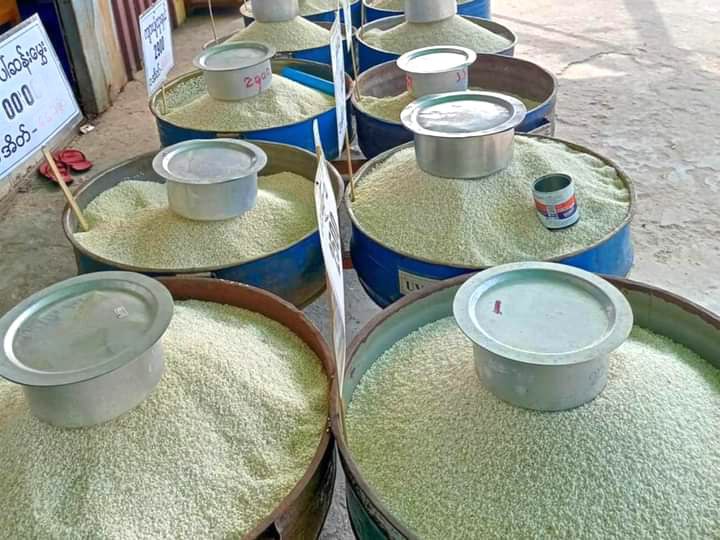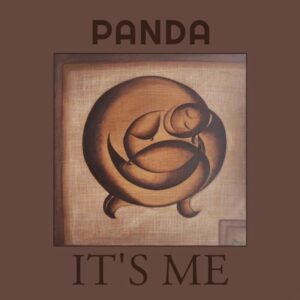Daily edible oil consumption is gradually high in the society of Myanmar as its lifestyle. To meet the local demand for edible oil, the import volume of oil is on the rise. Hence, it is necessary to manufacture import-substitute edible oil for local consumption to reduce the import of palm oil abroad.
Although palm oil is suitable for public consumption, it must be clean and purified not to harm the health of consumers. As such, everybody in the supply chain needs to take care of ensuring the safety process in storage transport, packaging and sales of palm oil for the interests of consumers similar to those from the international community.
Currently, some weaknesses can be seen in the market of selling palm oil. Sellers do not take care of basic points for systematic storage, transport and selling of the oil, neglecting the health conditions of consumers. Dirty environs of cooking oil barrels may bring disadvantages and unhealthy impacts to the consumers. Moreover, unhealthy handling of sellers without using gloves and some health protective equipment may cause undesirable health problems in society due to their lesser health knowledge despite unintentional acts.
Moreover, the department warns the retailers to keep a record of receipts for the purchase of their retailed oil such as peanut oil, sesame oil, sunflower oil or palm oil from wholesalers or oil mills. If necessary, those retailers may show firm documents on sales of cooking oils when any authorized bodies check their goods. Only then, will their acts focus on the interests of consumers.
On the other hand, most of the consumers in the country consume low-quality cooking oil as well as an excessive volume of cooking oil rather than the suitable volume. Hence, their consumption style invites incommunicable diseases. It is because some unscrupulous wholesalers and retailers use incense of groundnut or sesame put into the palm oil as imitated groundnut oil or sesame oil to be sold to the consumers. As a worsening act, some inhumane sellers distribute unpurified cotton seed oil mixed with palm oil to intentionally sell it as sesame oil in the consumer market. How inhumane!
That is why the Department of Consumer Affairs in cooperation with relevant departments inspects oil mills and oil shops and sends samples of cooking oils with manufacturing sources of oil mills and some sorts of cooking oil which need necessary documents to the laboratory for testing. If the laboratory tests show inappropriate consumption, those authorities ban the manufacturing of these sorts of cooking oils as part of preventing undesirable health problems for consumers.
Moreover, the department warns the retailers to keep a record of receipts for the purchase of their retailed oil such as peanut oil, sesame oil, sunflower oil or palm oil from wholesalers or oil mills. If necessary, those retailers may show firm documents on sales of cooking oils when any authorized bodies check their goods. Only then, will their acts focus on the interests of consumers.














